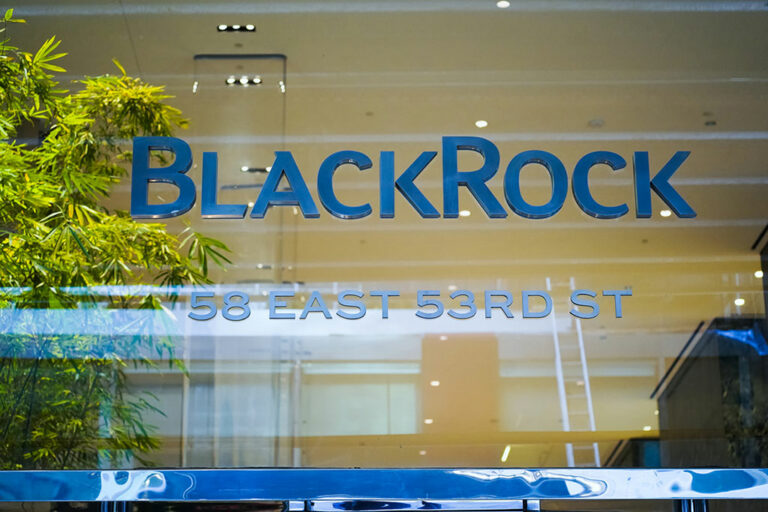According to the filing, “over 95% of the 500 most popular sites on the Internet are the subject of typosquatting”.
The New York-based investment giant BlackRock Inc has called for a crackdown on dozens of domain names that have been registered to imitate the investment firm as they could potentially be used to defraud investors. Blackrock is seeking a court-ordered strike on the domains and “typosquatting” sites, some of which are crypto-related.
According to an October 10 legal complaint filed in the United States District Court for the Eastern District of Virginia, BlackRock is seeking action against 44 domain names containing keywords such as “Blackrock”, “Aladdin”, “securities”, “crypto” and “investments”. The firm contends that the domains were registered with the malicious intent of profiting from customer error and diverting traffic through pay-per-click ads, malware, email phishing attacks, and other tactics.
According to the filing, “over 95% of the 500 most popular sites on the Internet are the subject of typosquatting.” The document defines typosquatting as the registration or use of a domain name that represents a typographical error of the legitimate site. The typesquatting site usually displays ads related to the services offered by the original site and is used to spread malware, collect users’ personal information for illegal activities, or send “business impersonation” emails.
“Typosquatting harms consumers by causing confusion with the legitimate sites being sought by the consumers and very often results in consumers’ computers being infected with computer viruses, “bloatware” or other unwanted software, consumer’s personal information being collected and misused, and/or consumers being presented with an endless stream of unwanted advertisements,” the filing states.
The investment firm is looking to gain control of the domains, damages and injunctions against further cybersquatting and infringement of its trademarks BLACKROCK, ALADDIN and BLK by the defendants.
BlackRock attempted to identify the owners of the domains by looking them up in the Whois database of domain registration data. The filing shows that many of them were registered to unidentified entities using privacy services to conceal their true identity and location.
Typically, scammers use fake domain names along with advertising providers such as Google and Facebook. A report from earlier this year shows that fake websites promoted using Google Ads have robbed unsuspecting victims of more than $4 million.
next